
|
This introduction to academic writing will take you through every step of the writing process, from research to final draft. With its practical approach and wealth of tips, this book will help you develop your writing voice across different genres at both undergraduate and postgraduate levels.
Highlights include a section on how to use your reading activities to improve your writing (pp.66-80), how to overcome writer’s block (pp.115-119), and how to review and edit your work (pp.151-171).
|
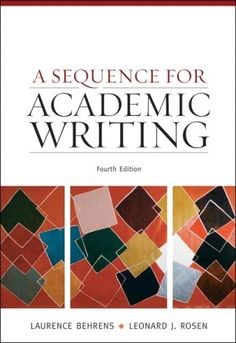
|
Critical reading and writing are essential academic skills. This book focuses on how to summarize, synthesize, analyze and criticize for academic purposes, helping you use source materials effectively in your writing. Its chapters feature annotated student writing samples and models, as well as readings from a range of disciplines.
Highlights include challenging reading and writing exercises, as well as chapter summaries and discussions of the key strategies that enable effective academic writing.
|
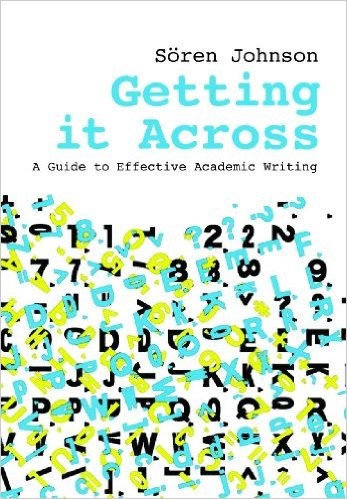
|
Mainly designed for postgraduate students and researchers, this guide focuses on the writing skills and strategies needed to communicate findings effectively. It relies on many examples of actual academic texts to illustrate the principles of good structure and style.
Highlights include writing exercises with answers for self-study, as well as a section on the proper use of English in academic writing (pp.93-182), which is perfect for non-native English writers.
|
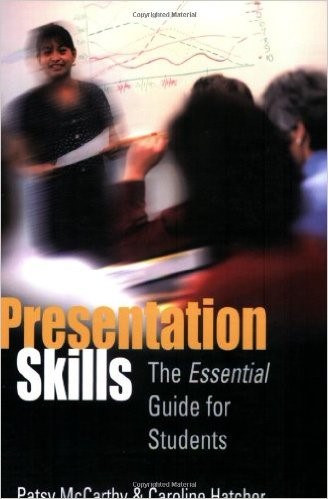
|
While it targets undergraduate and postgraduate students, this introduction to essential presentation skills goes beyond the academic, including real-life examples from politics and business. It also pays special attention to the power of language and stories as part of compelling presentations.
Highlights include a section on how to structure your presentation for your audience (pp.70-89), how to develop your speaking voice (pp.135-156) and how to present to audiences from other cultures (pp.157-163).
|
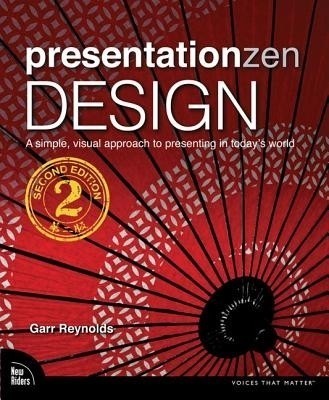
|
Visual impact is one of the key features of successful presentations, and Reynolds’ book teaches you how to achieve it by leveraging the power of simplicity. Looking at the use of text, color, photos and videos in presentations, this design guide will help you create effective slides and improve your delivery.
Highlights include many examples that illustrate the design principles presented in the book, as well as clear guidelines that will help you apply those principles.
|
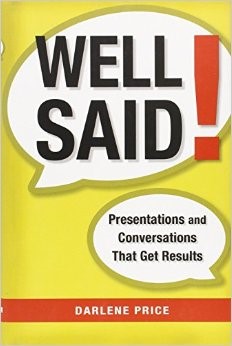
|
Designed for business professionals, this guide to convincing presentations covers a wide range of real-life speaking situations, including idea proposals and formal presentations to decision-makers. It focuses on preparation, persuasion and dynamic delivery, both for individual and team presentations.
Highlights include an “Executive Summary” at the end of each chapter, as well as sections on how to engage your audience (pp.58-73), how to rehearse (pp.93-94) and how to deal with Q&A sessions (pp.149-164).
|